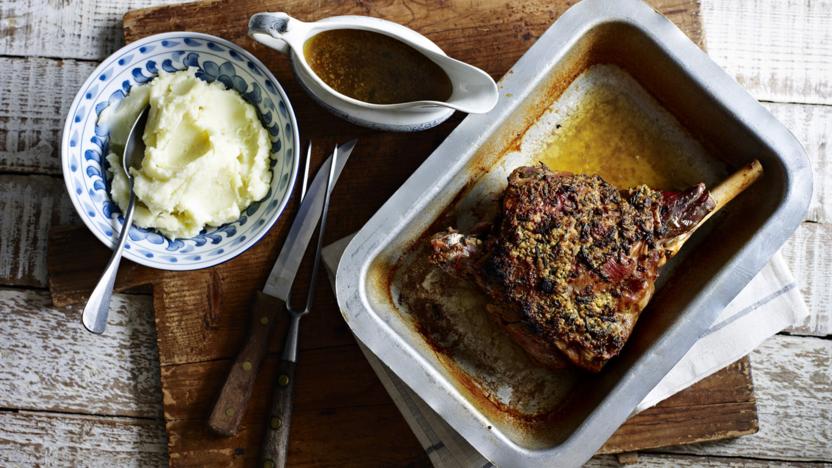Things for free...
As a thank you to NHS workers: the chance to win a free paperback of Richard Osman's 'The Thursday Murder Club'. To celebrate the paperback publication of 'The Thursday Murder Club' and all the extraordinary work done by members of the NHS throughout the pandemic, Penguin are giving away 1000 books to NHS workers, sign-up to be entered in a draw.
Things for Mental Health Awareness week...
Local artist, Hannah Flynn, and a small group of volunteers from NHS Sheffield Clinical Commissioning Group are the creative minds behind a new Sheffield Wellbeing colouring book that is also a guide to mental health services in the city. It’s been produced in partnership with Sheffield CCG, mental health charity, Sheffield Flourish and local people who use their services.
The aim of the guide is to close the digital divide which means that many people are missing out on the support they need because they do not have access to the internet. It has tips on improving emotional wellbeing and details of over 300 primarily Sheffield based mental health resources, plus some regional and national support organisations.
Each page has information on the left hand page and on the right hand page is a themed colouring page of Sheffield landmarks. Research has shown that colouring can reduce people’s stress and anxiety.
Copies of the guide will be available from local voluntary and community organisations across the city. To find out the nearest place to collect a free copy call Sheffield Flourish on 0114 273 7009.
The online mental health guide can be found at www.sheffieldmentalhealth.co.ukThings in the library...
Don't forget that, although we don't have any copies of the above book, we do have colouring sheets and pens for use in the library if you need some time-out.
Things about COVID & Obesity...
WHO reports that COVID-19 is likely to negatively impact childhood obesity levels in the WHO European Region. School closures and lockdowns can impact access to school meals and physical activity times for children, widening inequalities. Childhood obesity prevention strategies should therefore remain a priority during the pandemic.
The latest European Childhood Obesity Surveillance Initiative (COSI) data comes from 36 countries that participated in the survey during the 2015–2016 and 2016–2017 school years, measuring around 250 000 primary school-aged children. The COSI report holds the most comprehensive data for boys and girls on overweight, physical activity and dietary patterns.
Overall, the prevalence of overweight (including obesity) was 29% in boys and 27% in girls aged 6 to 9 years; the prevalence of obesity was 13% in boys and 9% in girls. These figures hide wide variations between countries.
The highest proportions of childhood overweight and obesity were observed in Mediterranean countries such as Cyprus, Greece, Italy and Spain, where over 40% of boys and girls were overweight, and 19% to 24% of boys and 14% to 19% of girls were obese.
The lowest proportions of childhood overweight/obesity were observed in central Asian countries such as Kyrgyzstan, Tajikistan and Turkmenistan, where 5% to 12% of boys and girls were overweight and less than 5% were obese.
Things about attachment...
Things about Asthma...
This integrative review in Journal of Pediatric Nursing looks at yoga & mindfulness in relation to asthma in children and adolescents. Despite the availability of treatments and educational methods, children with asthma continue to report an impaired quality of life, including symptoms of anxiety and inability to participate in physical activity. As complementary health approaches are becoming more popular and show promise in the management of many chronic diseases, the purpose of this integrative review is to examine the state of the science regarding popular complementary health approaches- yoga and mindfulness- for children and adolescents with asthma.Things about nettles...
Apparently today is the start of 'Be Nice to Nettles Week'...
 |
| Image by Hans Braxmeier from Pixabay |
If cooking with nettles they are best when very tender, so pick them in the spring when the nettles are just coming up or later in the season when they’re growing well, but before they are flowering. Use rubber gloves or pinch the leaves hard, so you don’t get stung. Pick the young leaves from the tips.
Lay the nettles out on a tray to wilt or wash them in hot water. Once wilted they can no longer sting you. The sting relies on erect hairs to penetrate the skin and inject the stinging formic acid. When wilted strip the leaves off the tough stems.Always cook nettles to destroy the stinging acid.
Nettles are not suitable for salads!
Things about foraging...
If you are out and about this weekend why not try foraging for some nettles or wild garlic (which smells wonderful when you bring it home).
Remember the foraging code
- the first rule of foraging is simple. Never eat anything poisonous! if you are not certain what it is don't eat it. Guide to nettles Guide to wild garlic
- take only what you want for personal consumption and pick with respect. Respect the trees, plants and mushrooms, the surrounding environment, wildlife that may have a dependence on with what you are taking, other people and their property.
- stay away from all Sites of Special Scientific Interest
So then you can make...
There are many recipes for nettle soup but also other things you could try such as risotto and even nettle crisps or perhaps a wild garlic and cheddar tart .












































